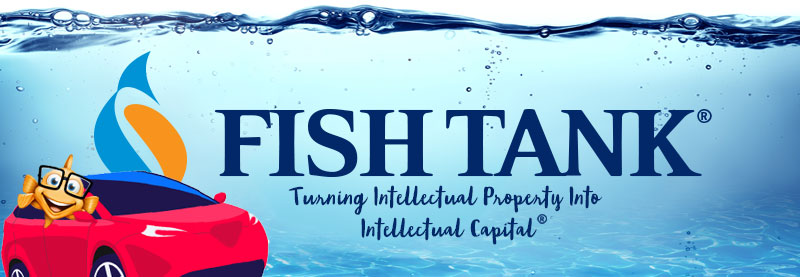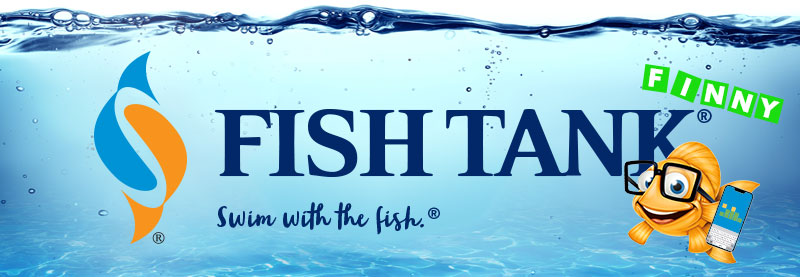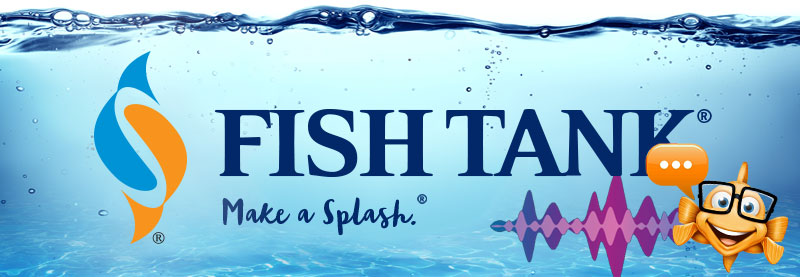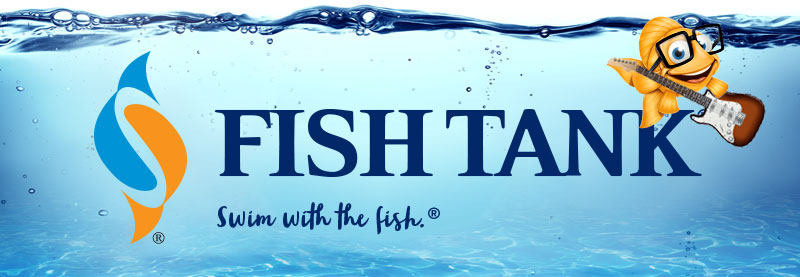Intellectual Property Insights from Fishman Stewart PLLC
Newsletter – Volume 23, Issue 3
Share on Social
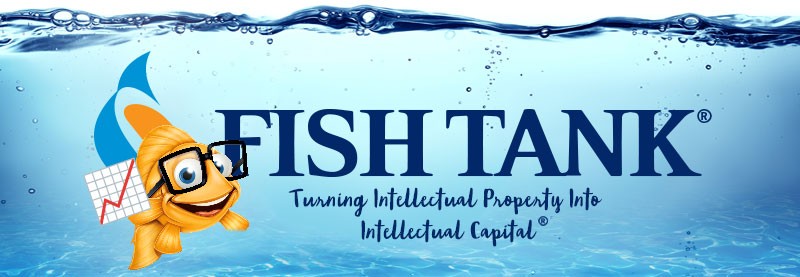
Patent Demand Grew at IP5 Offices In 2021
By Kameron Bonner
These gains were achieved despite a slight decline in utility patent filings at the US Patent and Trademark Office, which fell 1.4% year-over-year to 595,398, and utility patent grants declining by 6.9% to 327,775—despite issuing its 11 millionth patent. The European Patent Office, by contrast, reported that 188,600 European patent applications were received in 2021, up 4.5% from 2020. However, European granted patents fell to 108,799, a decline of 18.6%.
China reported the greatest number of patent grants in 2021, totaling 696,000 invention patents granted, a whopping increase of 31.3% from 2020. A total of 1.6 million invention patent applications were filed in China, a 5.9% increase—approximately 90% were applications filed by domestic applicants. China’s increases may be due to the 25 new local “IP protection centers” which pre-examine applications and reduce the overall amount of time required for patent application examination. This might indicate that China’s patent-growth in 2021 was due to its patent office clearing the backlog of patent applications filed in 2019 rather than new innovations made during the past few years of the pandemic.
Japan saw modest gains in 2021, reporting 289,200 patent application filings and 184,372 patent grants—0.3% and 2.8% increases, respectively. Meanwhile, South Korea reported 8.2% and 5% increases in patent grants and applications, respectively, while totaling 237,998 applications and 145,882 patent grants.
The 2022 report is expected for release this Spring, and it will be interesting to see the statistics. While some expect 2022 figures to reveal continued growth as the global economy clawed its way out of the pandemic, economic headwinds including inflation, supply chain issues, reduced financial subsidies, and challenges continuing from COVID-19 may have had a dampening effect.
Kameron is a Partner at Fishman Stewart PLLC, specializing in Intellectual Property with ten (10) years of experience counseling clients on patent, trademark, and related contractual matters. Kameron’s practice encompasses all aspects of preparing, procuring, and enforcing worldwide IP rights. Check out his full bio here.

Related Content from Fishman Stewart
Car enthusiasts are buzzing about Alfa Romeo's latest SUV which is also its first EV (plus a hybrid option). Initially branded as “Milano,” the name was changed to "Junior" after it was announced that the car would be produced in Poland.
The online word game Wordle was created in 2021 by Josh Wardle and quickly rose in popularity. Players receive a new puzzle daily with six chances to correctly guess a five-letter word of the day with limited clues.
In a recent decision, the U.S. Court of Appeal for the Eighth Circuit affirmed a jury verdict holding that the use of the "Success Kid" meme by a congressman's reelection campaign for fundraising purposes did not qualify as fair use.
In February 2024, proposed legislation was introduced in US House of Representatives which would extend copyright protection to golf courses. The bill is titled “Bolstering Intellectual Rights against Digital Infringement Enhancement Act” or the “BIRDIE Act”.
OpenAI recently held a live demonstration of a new ChatGPT version that included the use of an AI personal assistant voice dubbed “Sky.” Many observers compared Sky to Scarlett Johansson’s voice in the 2013 Spike Jonze romantic sci-fi film “Her,” which centers on a man who falls in love with the female voice of his computer’s operating system.
June is Pride Month, which honors the 1969 Stonewall Uprising in Manhattan and recognizes the impact that lesbian, gay, bisexual, and transgender (LGBTQ+) individuals have had on history locally, nationally, and internationally. The United States Patent and Trademark Office flies the Pride Flag and promotes the Pride community’s contributions with programming offered annually.
First-time inventions have led inventors to great successes throughout history, sometimes immediately, sometimes after several more attempts at more useful inventions. In the U.S., two very famous inventors with contrasting first-time experiences are Thomas Edison and Alexander Graham Bell.
June is Pride Month. This year we are celebrating with some IP tips for drag performers! Drag performers can protect their intellectual property by registering the copyrights in their original works of music, choreography, and comedy sketches.
Bands often start out as creative endeavors among friends, and bands may not prove lucrative for many years, if at all. Until bands break up, thought and planning may not be given to who is the owner of the band names and entitled to use them going forward.
You’re rarely more than a few yards from Finny’s favorite chips, semiconductor chips to be precise. But what exactly is a semiconductor chip?
IDENTIFYING, SECURING AND ADVANCING CREATIVITY®




